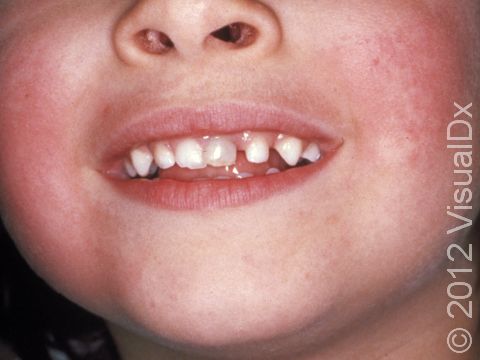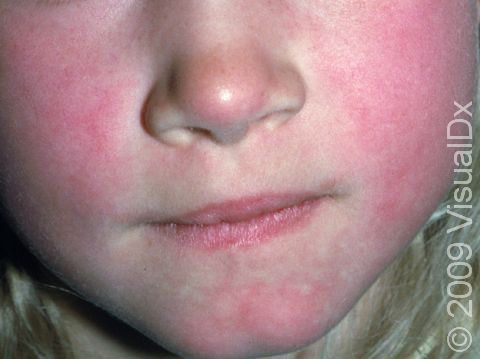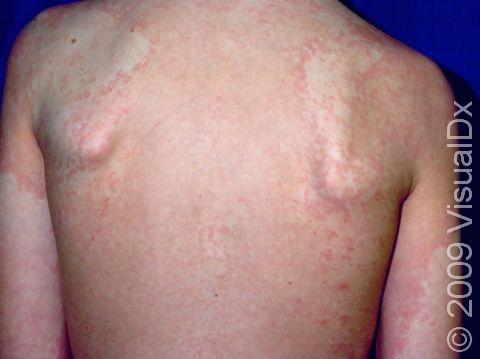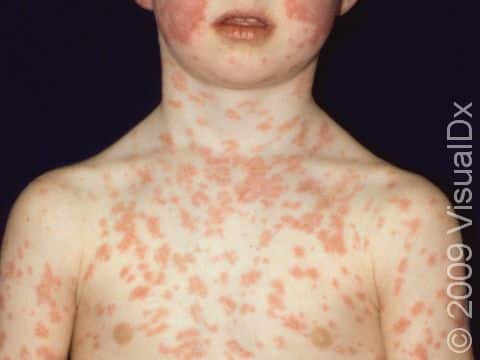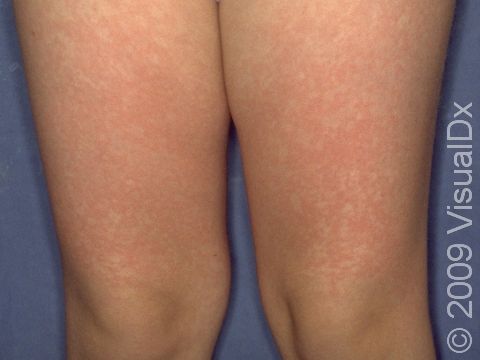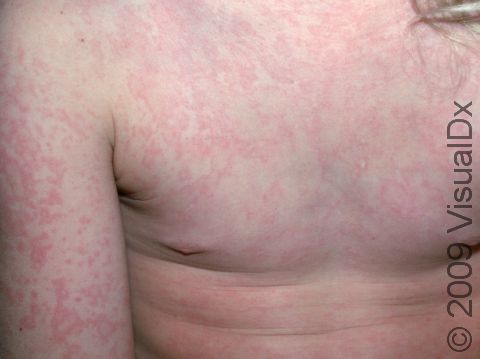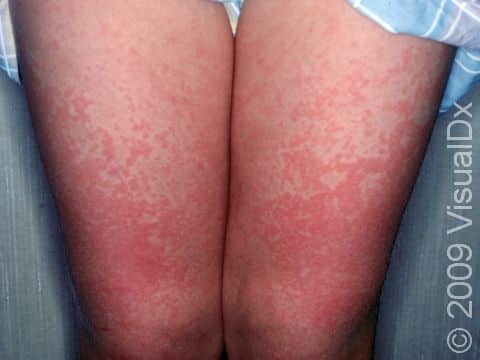Erythema Infectiosum (Fifth Disease)
Fifth disease, also called erythema infectiosum, is a common illness in young children due to infection with parvovirus B19. Fifth disease is spread by contact with others who are infected, specifically by exposure to fluid from the nose (respiratory secretions). The illness lasts approximately 5 days, but the rash may keep coming back for a few weeks, particularly with heat, fever, physical activity, or stress. If a pregnant individual becomes infected, it can be harmful to the unborn baby. Fifth disease can also cause arthritis, although this is more commonly seen in infected adults.
Who's At Risk?
Anyone can get fifth disease, but it is most common in preschool and school-aged children and in those who are up to 21 weeks pregnant, those who are immunocompromised, and in those with certain blood disorders.
Signs & Symptoms
Following several days of a flu-like illness (with headache, low-grade fever, and a runny nose), bright redness of the cheeks often appears, without affecting the areas around the mouth. In darker skin colors, the redness may be subtle or may look more purple. About a day later, the rash shows up as a faint red or purplish, “lacy” rash on the trunk, arms, and legs. A milder version of the rash can also appear for weeks after the infection following exposure to heat, friction, sunlight, or in response to crying or physical activity such as exercise. There may also be mild joint pain that lasts for several weeks.
Self-Care Guidelines
If your child has fifth disease, it is not necessary to keep them away from other people because the infection is only contagious before the rash appears, not after.
Notify any pregnant individuals who have been around your child for 15 minutes or longer that they have been exposed so they can notify their medical professional.
Children’s acetaminophen (Tylenol) or ibuprofen (Motrin) can be given for fever or joint pain as needed.
Treatments
There is usually no need for testing because the disease is easily recognized.
No treatment is required as this illness will go away on its own.
Visit Urgency
If your child has a weakened immune system, notify their medical professional if you suspect they have fifth disease. Otherwise, no medical care is needed.
Trusted Links
References
Bolognia J, Schaffer JV, Cerroni L. Dermatology. 4th ed. Philadelphia, PA: Elsevier; 2018.
James WD, Elston D, Treat JR, Rosenbach MA. Andrew’s Diseases of the Skin. 13th ed. Philadelphia, PA: Elsevier; 2019.
Kang S, Amagai M, Bruckner AL, et al. Fitzpatrick’s Dermatology. 9th ed. New York, NY: McGraw-Hill Education; 2019.
Paller A, Mancini A. Paller and Mancini: Hurwitz Clinical Pediatric Dermatology. 6th ed. St. Louis, MO: Elsevier; 2022.
Last modified on June 17th, 2024 at 1:10 pm
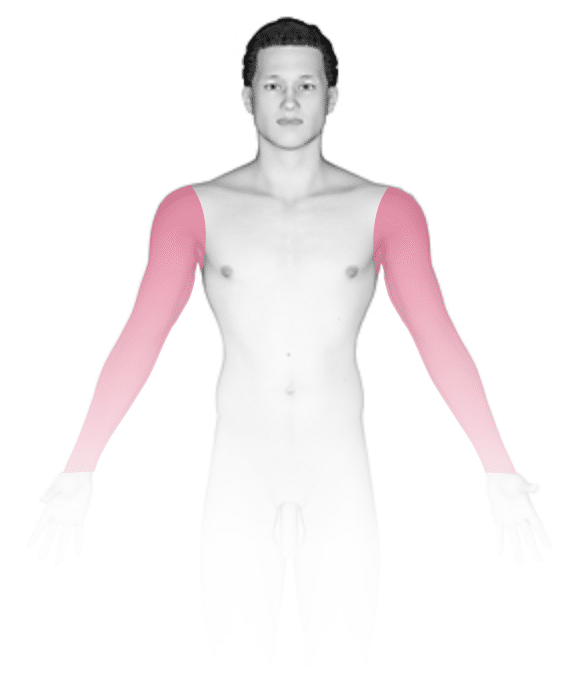
Not sure what to look for?
Try our new Rash and Skin Condition Finder
